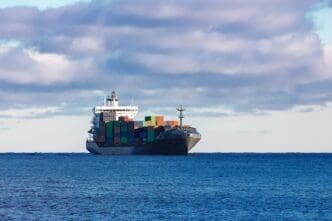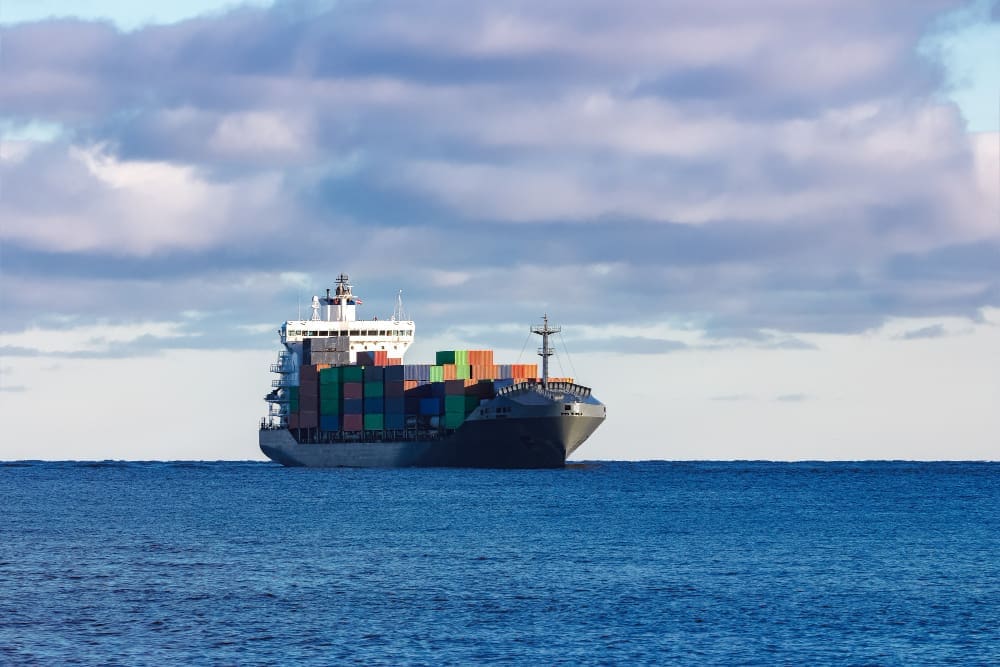The United States is currently embroiled in significant trade conflicts as President Donald Trump has initiated tariff policies against numerous international partners. These measures include the imposition of new, extensive taxes on imported goods, with further increases announced to take effect imminently. The president has characterized these tariffs as “reciprocal,” aiming to address what he perceives as unfair trade practices against the U.S.
In a parallel move, President Trump has signed executive orders to support the coal industry, a sector experiencing long-term decline due to its pollution levels. By invoking emergency powers, Trump is allowing certain aging coal-fired power plants, previously slated for decommissioning, to continue operations. This is intended to meet the rising U.S. energy demands driven by the growth in data centers, artificial intelligence, and electric vehicles.
Simultaneously, the Trump administration has restored emergency food aid to several countries after initially cutting it, although these restorations have not extended to Afghanistan and Yemen. These nations, among the poorest and most conflict-ridden globally, remain excluded from the renewed aid, prompting concerns from international aid organizations about the humanitarian impact.
In the academic sector, federal funding exceeding $1 billion for Cornell University and approximately $790 million for Northwestern University has been frozen. This halt is part of a broader strategy by the administration to compel major academic institutions to align with its political objectives. This tactic has previously affected other universities, like Columbia and the University of Pennsylvania, creating challenges for research funding nationwide.
Across the Pacific, China has responded fiercely to the U.S. tariffs by increasing its retaliatory duties on American imports to 84%, up from 34%. These tariffs are set to take effect soon and are a direct response to the U.S. imposing a 50% tariff. While negotiations remain uncertain, China’s Ministry of Commerce has expressed its readiness to enact further measures if necessary, emphasizing a stance of equality and mutual respect in any potential dialogue.
The trade dispute, notably between the U.S. and China, has been escalating, with both countries exchanging a series of retaliatory tariffs over recent months. Other nations are also assessing their responses to the U.S. trade policies, with some considering negotiations as a possible path forward.
The Bottom Line
- The ongoing tariff conflicts could lead to higher prices for consumer goods in the U.S., affecting household budgets and purchasing power.
- Support for the coal industry may temporarily sustain jobs in coal-dependent regions but raises environmental concerns due to pollution.
- The halt in federal funding for universities might impact research capabilities and educational opportunities, affecting future innovation.
- The exclusion of Afghanistan and Yemen from restored food aid could exacerbate humanitarian crises, challenging international aid efforts.
- China’s retaliatory tariffs may lead to increased tensions in global trade, potentially affecting global markets and economic relations.








